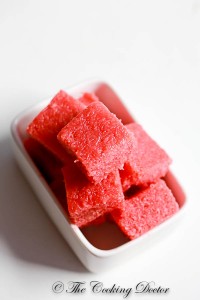Yes, many pre-health students find a rewarding way to study, conduct research, work or volunteer abroad. It may not seem possible when you consider all of your required coursework and campus commitments, but with a little planning, it can be done. These are some of the most common paths our pre-health students take to experience life in another country:
Penn Study Abroad – a traditional semester or year of study in another country. Some students choose programs related to health or science, others not at all. Whatever you choose is fine, but remember the requirements for health professions schools need to be taken in the U.S.
Penn Short Term Abroad – summer study abroad and short-term learning experiences. From a summer of international study to service learning and leadership ventures, Penn sponsors a number of opportunities if you want to “go global” outside of your regular class schedule.
International Clinical Volunteering Programs – opportunities to help provide healthcare abroad, from 10 days to a year. Do evaluate the expense and safety of each program.
Penn International Internship Program – 8-12 week long internships and funding for internships abroad. Survey a list of previous participants for examples related to healthcare.
International Fellowships – A number of fellowships, such as the Fulbright or Gates Cambridge Scholarship, fund study or research abroad. CURF is your stepping stone for applying to them. It is not at all uncommon for our applicants to health professions schools to delay their application to take advantage of a post-graduate opportunity in another country.


